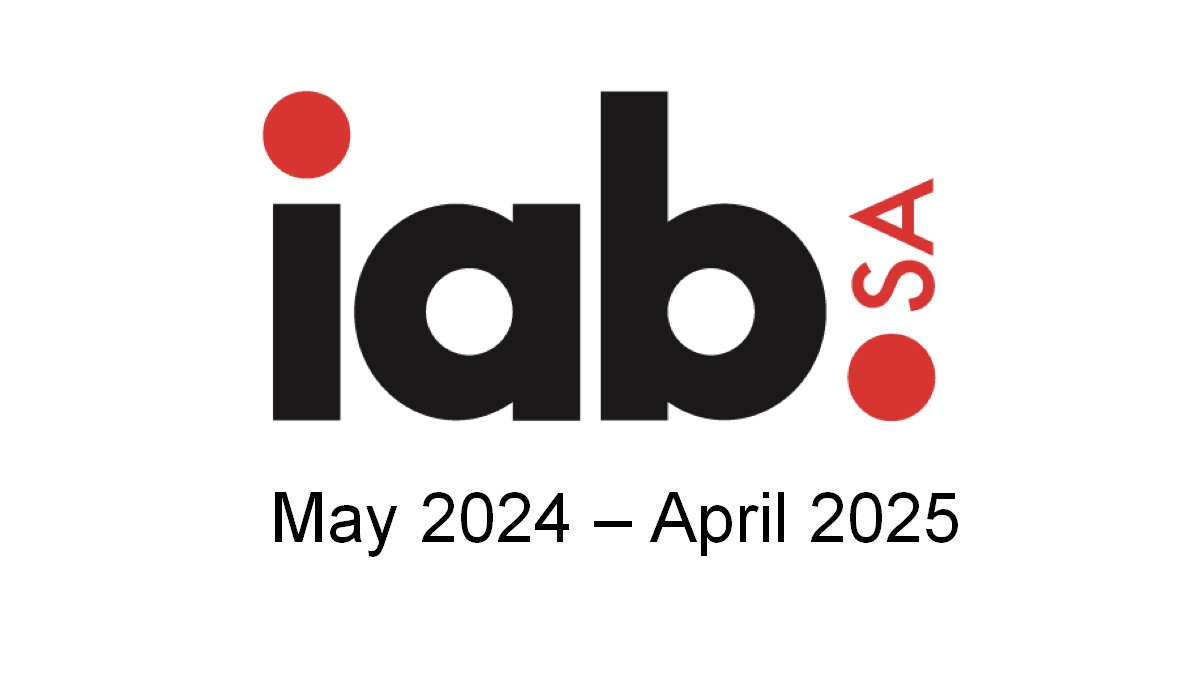Johannesburg – Government needs to urgently address its expenditure patterns if it is to turn the tide against unsustainable debt levels, says the National Treasury.
This was the shared sentiment by Deputy Finance Minister, David Masondo, and Department Director-General, Dondo Mogajane, during the opening session of the two-day Savings@Work: Government Spending Reviews Conference on Thursday.
The inaugural conference is hosted by the National Treasury and its agency, the Government Technical Advisory Centre (GTAC).
Mogajane said government needed to scrutinise its debt, saying it was currently spending R270 billion a year to service its liabilities.
“Our debt is too high and we are burdening future generations with the debt that we currently accumulate,” he said.
The non-performing economy and low tax collection have largely been cited as contributing factors to the accumulation.
“We cannot continue to indefinitely borrow because future generations will be impacted. It is something that we need to focus on,” he said, adding that “something” needed to be done on expenditure to achieve this.
“You have to [do] something on the expenditure side when you have data that you can use. We don’t have credible data, we still can’t understand what we are spending on,” he said.
While the National Treasury had over the years undertaken expenditure review exercises, he said these also needed to inform government as which favourable frameworks were needed.
The tide of debt would not turn into growth and prosperity until it was redirected, he said.
Currently, he added, government expenditure was largely on programmes that may not produce the goods needed to improve or expand the production sectors of the economy.
“We are spending on consumption – we need to change that. We’ve been doing that in the last few years but we need to [change] more,” said the DG.
In turn, this would lead to increases in production sectors of the economy and a reduction in consumption spending.
As it stood, he said, the state was spending “a lot” on its compensation budget. In this regard, government was currently engaging union needs but Mogajane warned that the state may not meet “required standards”.
Government, he said, needed to consider its options on expenditure. These included social spending and decreasing the compensation budget, both of which was no desirable.
“We have to be realistic and ask ourselves questions: what is it that will take us forward?” he said.
Addressing inefficiencies
Mogajane said the country’s economy needed to return to the “seven years of plenty (2000 – 2007), when the country recorded sustainable economic growth and debt-to-GDP was at its lowest.
“Debt of more than 90% is unsustainable in an economy like ours; we can’t get to that,” he emphasised.
“Let’s look at what is possible, let’s build the skills and experience around our ability to look at spending that we currently have. Let’s make sure that whatever we spending money on [is value for money].”
The DG, however, admitted that this process would not be easy, saying it would be painful.
“It is important that we closely look at the spending data that we have. We have to rigorously link spending to the policy choices that we’ve made so that we are able to address the needs of our people,” he said.
Currently, he added, there were areas of inefficiencies that needed to be zoomed in on.
His sentiments were echoed by Masondo.
“This is a problem that emerged before the COVID-19 pandemic, and it has its roots in the large, structural gap that we have between tax revenues… and…government’s spending commitments,” said the Deputy Minister.
These, however, have since been exacerbated by the pandemic, he said.
Over the years, government had employed strategies aimed at closing the gap between spending and revenue, increased taxes, including VAT.
“But this has not really worked because economic growth has continued to fall, [meaning] tax revenues kept coming in lower than we expected. In fact, we now have to worry that raising taxes may even contribute to the growth slowdown, which is why this year’s budget offered some tax relief,” he said.
This was no longer feasible, said Masondo.
Balancing act
Due to the challenges, he said, government would have to spend less than it intended to respond to everyone’s needs.
“We have to spend much better. That is the only way that we will make progress against poverty and inequality and slow economic growth.
“If we as a government are going to spend our scarce resources better, we need a much better understanding of how we spend them now, what we achieve with the money, and whether there are ways to spend more efficiently and effectively. The only way to do that well is not by telling stories and making nice documents, but to crunch a lot of numbers so that we can see where all the money goes,” he said.
Spending reviews, he added, currently being undertaken by the National Treasury and the GTAC have helped government reduce the costs of delivering public services.
“While reviewing (office rental leases), we found that 60% of leases were above the current market rates, and that the average premium being paid on these leases was about 45%.
“Extrapolating to the full lease portfolio, which means of the R3 billion that was being paid to lease office accommodation in 2015, as much as R700 million might have been saved if the rents had been at market rates,” said the Deputy Minister.
– SAnews.gov.za
Follow @SundayWorldZA on Twitter and @sundayworldza on Instagram, or like our Facebook Page, Sunday World, by clicking here for the latest breaking news in South Africa. To Subscribe to Sunday World, click here.
Sunday World



